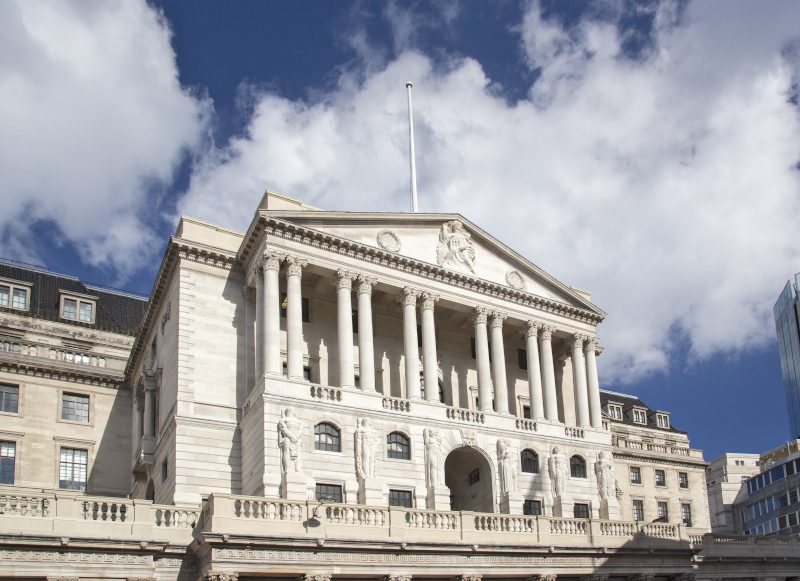
Last month the government published its job description for a new Bank of England governor. While this has triggered an important discussion about the type of skills a successful governor needs, much less debate has focused on whether maintaining inflation as close as possible to 2 per cent should still be the centrepiece of the Bank’s and the government’s economic policy.
The Bank’s current mandate owes itself largely to the economic challenges of the 1970s and 1980s. In 1975, year-on-year inflation peaked at 24.3 per cent. The Keynesian consensus on economic policy, which had underpinned the largely successful economic outcome of the previous three decades, had no convincing response to prices rising at this rate. It was, therefore, understandable that new economic doctrines emerged—monetarism morphing into neoliberalism—which did appear to have an answer to the inflationary problem.
In consequence, the fiscal balance and money supply were both tightened, whilst interest rates were raised to staggeringly high levels. The base rate in the UK peaked at 17 per cent and 21 per cent in the US. Inflation did come down and targeting inflation at around 2 per cent became the central economic policy objective, as it still is.
The position now, however, is that keeping inflation down has largely been achieved while pressing new priorities have come to the fore. In particular, over the last four decades, economic growth in the UK—and the western world—has slowed at an alarming rate. Whereas between 1950 and 1975, the average annual growth rate in the UK was 2.6 per cent, between 1975 and 2000 it fell to 2.4 per cent. Since 2000, it has been 1.8 per cent.
Our economy is suffering from an acute investment and productivity crisis. Investment in the UK currently accounts for just 16 per cent of GDP according to the ONS, compared with a world average of 26 per cent and about 45 per cent in China. Productivity in the UK is hardly higher now than it was in 2007. We also have a chronic balance of payments problem, excessive borrowing and rising inequality, all of which are pressing economic imbalances which urgently need remedies.
It is within this context that updating the Bank of England’s mandate to focus directly on economic growth makes sense. Whereas inflation was the big challenge in the 1970s and 1980s, it is rebalancing our economy to get our growth rate up that is the issue today. This is why the Bank’s brief should be brought up to date, within the context of government policy generally, so that it is tackling today’s problems rather than those of 40 years ago.
Indeed, the Bank’s current goal of maintaining inflation at low levels may now actually be a major cause of our low growth rate, investment slump, and productivity crisis. This is because the monetary and fiscal conditions required to keep inflation as low as 2 per cent also tend to keep the exchange rate at an artificially high level, to discourage investment, to promote deindustrialisation, to lead to chronic balance of payments problems, to encourage excessive borrowing and to exacerbate inequality. These are the key issues which we urgently need to address not only for economic but also for social and political reasons.
Part of the solution may be to create conditions which will reverse the deindustrialisation which has been such a key feature of the last 40 years. Too strong a pound makes a dramatic impact on the cost of manufactured goods, making them uncompetitive on the world markets. Even as late as 1970 almost a third of our GDP came from manufacturing. Now it is less than 10 per cent and still falling. Because increases in productivity are so much easier to secure in manufacturing than they are in services, we have paid a heavy price for this development.
There is, of course, only so much that the Bank of England can do, and it has to be paired with a robust growth policy from the government. But widening the Bank of England’s remit from its narrow inflation target and getting it to focus on growth as well would at least unshackle it to pursue a policy that is more in tune with our current economic challenges.
If it was right in the 1970s to abandon economic policies which were not working and to change to something different, should we not do the same now?
